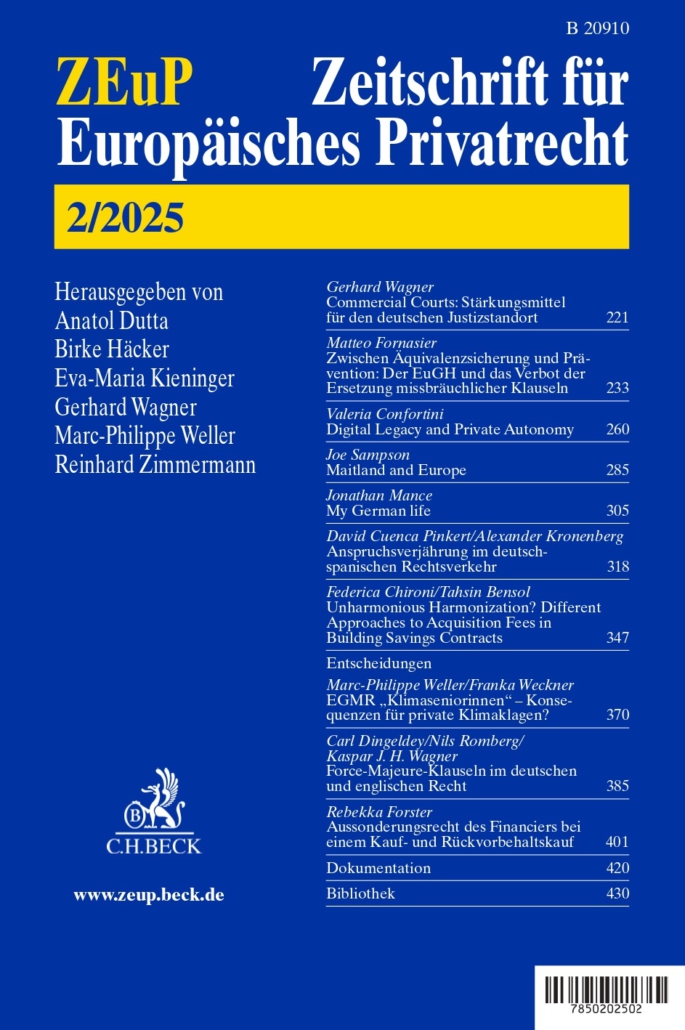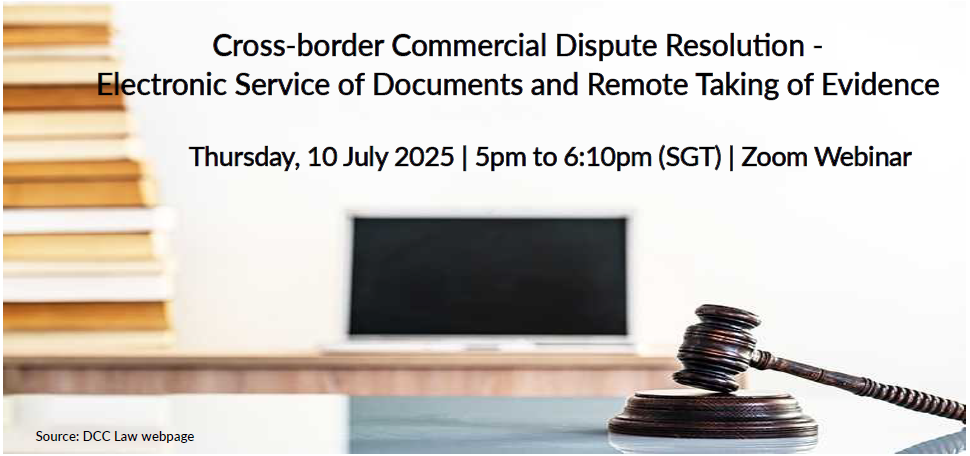Views
Moroccan Supreme Court on the HCCH 1996 Child Protection Convention
Among all Arab and Muslim-majority countries, Morocco stands out as the only State to have ratified seven (7) HCCH Conventions. This number of ratifications, comparable to that of other prominent countries such as United States or Japan, speaks volumes about Morocco’s commitment to being an integral part of the global network of jurisdictions benefiting from the work of the HCCH on the harmonisation of private international and fostering mutual legal cooperation. The decisions of the Moroccan Supreme Court also reflect these efforts as the Court has shown its willingness to oversight the proper application of the HCCH Conventions (on the application of the 1980 HCCH Convention, see here). The Supreme Court Ruling No. 71 of 7 February 2023 briefly commented on here is another notable example related to the application of the 1996 HCCH Child Protection Convention. The case is also particularly interesting because it concerns the establishment of a kafala under Moroccan law for the purpose of relocating the child in another Contracting State (France in casu).
The New Zealand Court of Appeal on the cross-border application of New Zealand consumer and fair trading legislation
The New Zealand Court of Appeal has just released a judgment on the cross-border application of New Zealand consumer and fair trading legislation (Body Corporate Number DPS 91535 v 3A Composites GmbH [2023] NZCA 647). The Court held that local consumer legislation – in the form of the Consumer Guarantees Act 1993 (CGA) – applies to foreign manufacturers. It also clarified that fair trading legislation – in the form of the Fair Trading Act 1986 (FTA) – applies to representations made to recipients in New Zealand. The decision is of particular interest to New Zealand consumers and manufacturers of goods that are supplied in New Zealand, as well as traders advertising their products to New Zealanders. More generally, the judgment provides a useful analysis of the interrelationship between statutory interpretation and choice of law, and lends weight to the proposition that product liability is properly governed by the law of the place of supply (or injury).
China’s New Foreign State Immunity Law: Some Foreign Relations Aspects
Written by Wenliang Zhang (Associate Professor at Renmin University of China Law School), Haoxiang Ruan (PhD Candidate at Renmin University of China Law School), and William S. Dodge (the John D. Ayer Chair in Business Law and Martin Luther King Jr. Professor of Law at UC Davis School of Law).
On September 1, 2023, the Standing Committee of China’s National People’s Congress (NPC Standing Committee) passed the Law of the People’s Republic of China on Foreign State Immunity (FSIL) (English translation here). The FSIL will enter into force on January 1, 2024.
News
ZEuP – Zeitschrift für Europäisches Privatrecht 2/2025
A new issue of ZEuP – Zeitschrift für Europäisches Privatrecht is now available and includes contributions on EU private law, comparative law and legal history, legal unification, private international law, and individual European private law regimes. The full table of content can be accessed here.

The following contributions might be of particular interest for the readers of this blog:
- Anspruchsverjährung im deutsch-spanischen Rechtsverkehr
David Cuenca Pinkert and Alexander Kronenberg on the statute of limitation in cross-border situations involving Germany and Spain: Against the background of the relevance of the application of foreign law in practice, the article analyses the institute of the statute of limitations under Spanish substantive law and also deals with similarities and differences to German law as well as selective references to conflict of laws and particularities. Due to its practical relevance, the article focuses on the treatment of the limitation period for tortious claims for damages, especially as a result of road traffic accidents. - EGMR „Klimaseniorinnen“ – Konsequenzen für private Klimaklagen?
Marc-Philippe Weller and Franka Weckner comments on the decision by the ECtHR in Klimaseniorinnen and discuss the consequences of this decision for climate litigation brought before civil courts.
ABLI-HCCH webinar: Electronic Service of Documents and Remote Taking of Evidence (10 July 2025)

Written by Catherine Shen, Senior Assistant Director, ABLI
Following successful sessions in 2021, 2022 and 2023, the Singapore-based Asian Business Law Institute (ABLI) and the Permanent Bureau of the Hague Conference on Private International Law (HCCH) return after a one-year hiatus with their fourth joint webinar, this time on electronic service of documents and remote taking of evidence.
Titled Cross-border Commercial Dispute Resolution – Electronic Service of Documents and Remote Taking of Evidence, the webinar will take place on Thursday 10 July between 5 to 6:10pm (Singapore time) or 11am to 12:10 noon (CEST), and is expected to discuss, among others, electronic transmission of requests under the Service Convention, such as the use of IT for communication among Central Authorities and other competent authorities, service by electronic means across different jurisdictions, and remote taking of evidence by video-link and electronic evidence under the Evidence Convention.
Invited speakers include Melissa Ford, Secretary of HCCH, Lucinda Orr, Partner of Enyo Law LLP, Justice Anselmo Reyes, International Judge of the Singapore International Commercial Court, and Dr Xu Guojian, Senior Partner of SGLA Law Firm.
More about the webinar and its speakers can be found in the flyer.
For more information or to register, click here. Early bird discount is available till 10 June. Queries about the webinar can be directed to Catherine of ABLI at abli_info@abli.asia.
XVIII ASADIP Conference – Rio de Janeiro, 7-9 August

Registration has now opened to participate in the XVIII ASADIP Conference – Regional Imaginaries, Global Resonance: Inter-American Private International Law and the World Stage, to be held in the city of Rio de Janeiro, Brazil from 7 to 9 August 2025. This year, ASADIP is organising the Conference in collaboration with the Organisation of American States, on the occasion of the 50th anniversary of the Inter-American Conference on Private International Law and the OAS Course on International Law. Preliminary programme, registration link and further info.


